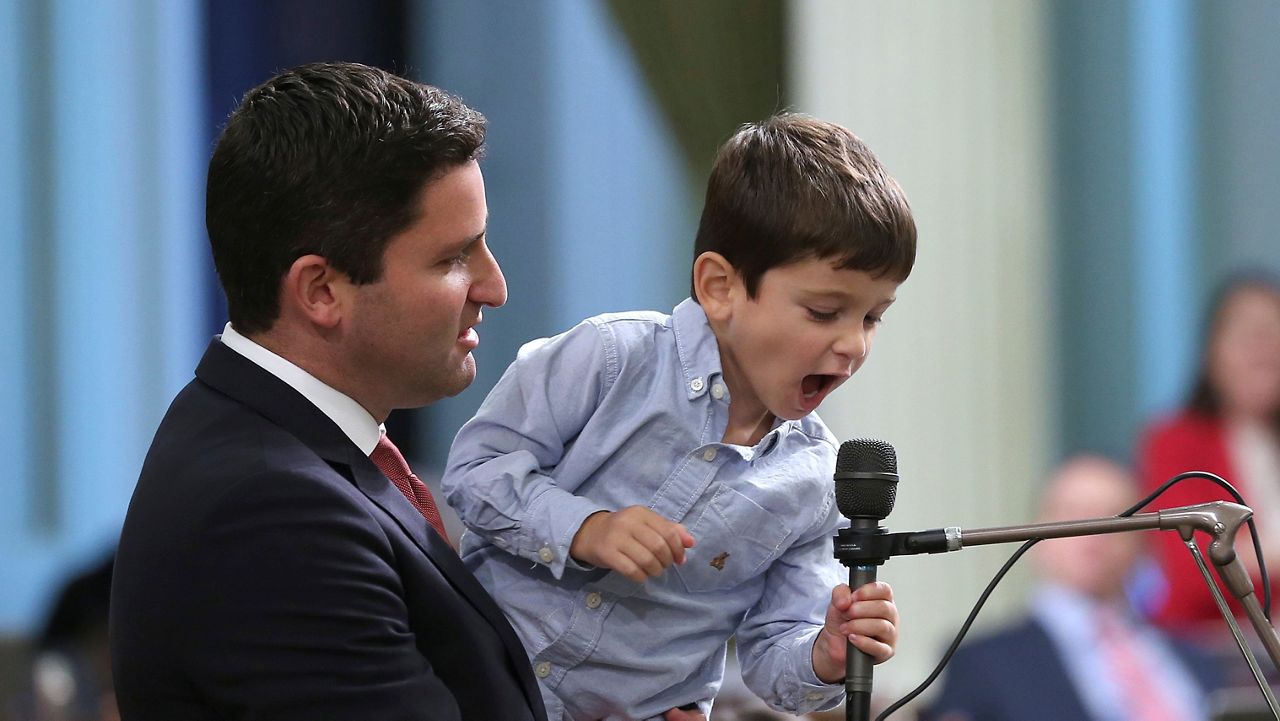A new bill introduced in the California Legislature Thursday seeks to preserve affordable housing in the state. AB 1911, introduced by Assembly member Jesse Gabriel, D-Woodland Hills, could stop 25,000 units from converting to market rates over the next five years.
“California cannot allow tens of thousands of affordable units to disappear overnight,” Gabriel said in a statement. “COVID-19 has only further exacerbated housing instability and our homelessness crisis.”
One in five Americans is currently behind on rent, according to the Center on Budget and Policy Priorities. In California, homelessness is also among the highest in the country, with the cities of Santa Cruz, Salinas, Santa Maria-Santa Barbara, Los Angeles and San Luis Obispo claiming the highest rates, according to the National Alliance to End Homelessness.
“Even as we work to increase our affordable housing stock, it is essential that we preserve existing units,” Gabriel said. “A smart front-end investment by the state will help keep tens of thousands of vulnerable Californians housed, all at a small fraction of the cost that otherwise would be required to build new units from scratch.”
The cost to build a single affordable housing unit in California in 2019 was $480,000, according to the U.S. Government Accountability Office. That was largely due to increasing land values and high construction costs.
More than 31,000 subsidized affordable rental units in California could convert to market rates when state and federal subsidies from the U.S. Department of Housing and Urban Development, U.S. Department of Agriculture and Low-Income Housing Tax Credit expire within the next decade, according to the California Housing Partnership. Already, the state has lost more than 15,000 affordable housing units because of expired subsidies.
If AB 1191 passes, affordable housing owners who are eligible to convert their units to market rates would instead sell them to organizations that would maintain them as affordable housing. The bill would establish a tax credit that Gabriel estimates would cost the state $20,000 per unit to keep low-income households from losing their homes because of higher rents.



